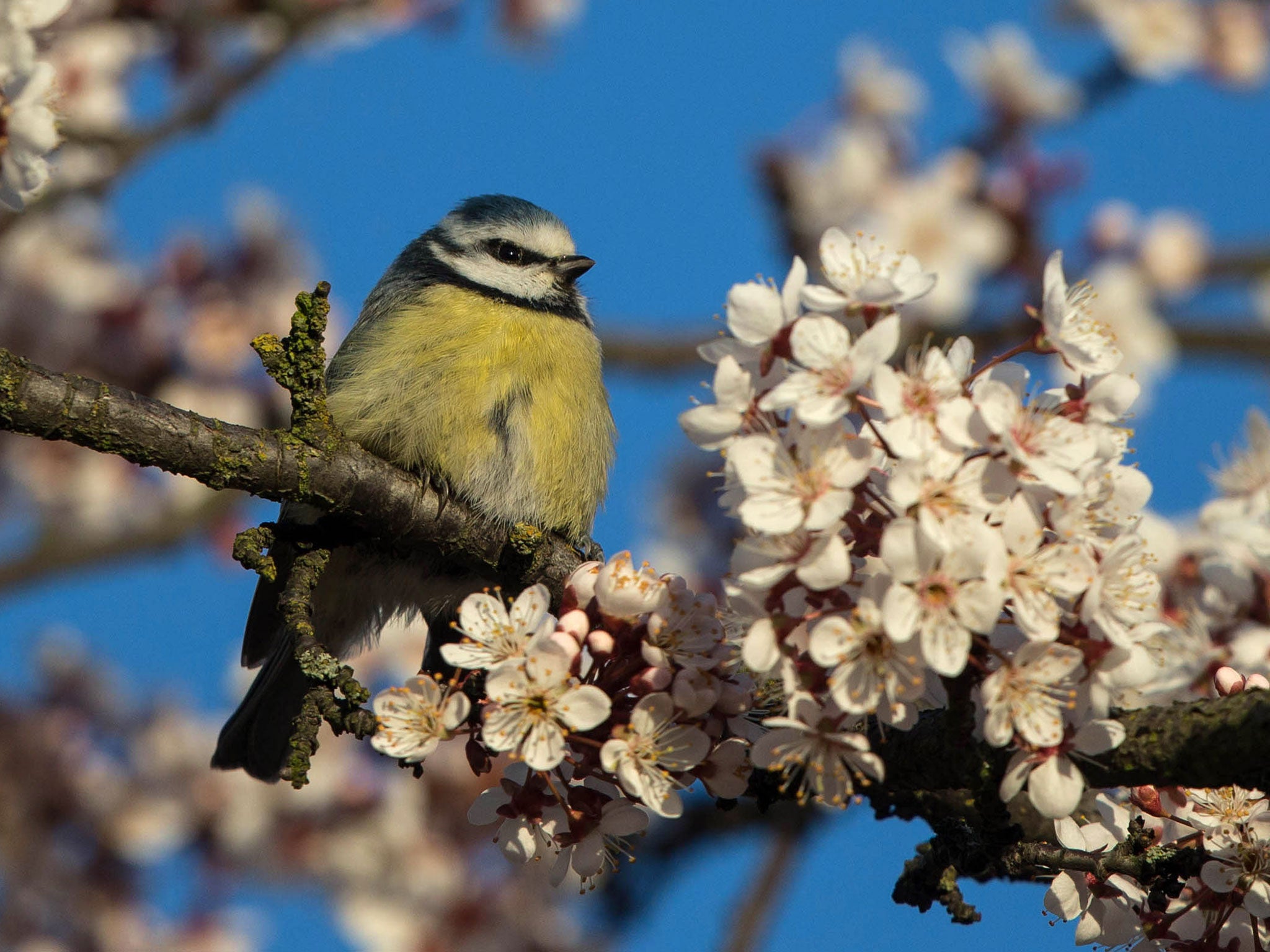Nature Studies: If you’re sick of the politicians, vote for a British bird instead
Nature Studies: Britain is short an official bird, so a campaign is underway to find one

There are two national votes this week, but you’ve probably only heard of one of them. So if you’re tiring of the general election campaign as it comes to its climax, and you don’t want to listen to another word about the Scots Nats, or Ukip’s chances, or the deficit, why not have a look at the other campaign, where polling also closes on Thursday night – the one to find Britain’s national bird.
You may think we already have one, and that it is the robin, chosen in the 1960s when I was a boy. But the birding blogger and commentator David Lindo points out this was based merely on a discussion in The Times about Britain’s “favourite” bird, and the country does not actually have a bird to represent the nation officially, chosen by popular vote.
Many countries do. The United States, of course, has the bald eagle. New Zealand has the kiwi (the brown kiwi, to be precise – there are five kiwi species) and Australia has the emu. Greece has the little owl, because since classical times, Athene noctua has been the bird of the goddess Athena, the presiding deity of Athens. Bolivia, Chile and Ecuador all choose the majestic Andean condor, whereas Costa Rica, home to some of the most striking birds in the Americas, goes in the opposite direction and chooses the wholly inconspicuous clay-coloured thrush, because its song is widely loved. Even little Luxembourg has its national bird, appropriately the tiny goldcrest.
But Britain is short of such an official symbol, according to Mr Lindo, who also goes by the nickname of The Urban Birder; and so last year he decided to organise a full-scale campaign to find one. A preliminary list of 60 birds was whittled down by vote to a shortlist of ten, which are, in alphabetical order: barn owl, blackbird, blue tit, hen harrier, kingfisher, mute swan, puffin, red kite, robin and wren.
Personally I’m still not sure if I’m going to vote, because my own favourite British bird is the spotted flycatcher, which didn’t make the shortlist (I love it because, for me, it symbolises a traditional English quality, understatement, in a way there isn’t room to explain here). And friends of mine would choose other birds not on the list, especially the nightingale, the skylark and the turtle dove – this last heading rapidly towards extinction in Britain.
But the shortlist does represent a serious exercise – it’s backed by the RSPB – so if you want to vote, go to the special website Mr Lindo has set up – www.votenationalbird.com – and make your choice. Polling closes on Thursday evening, just as it does with the other poll. And with the birding vote, you’ll get a more decisive result.
The party lines on conservation
If you are nature-minded and want your love for the natural world to guide your general election choice, some help is at hand.
Mark Avery, the former conservation director of the RSPB and now Britain’s leading wildlife blogger, has analysed all the party manifestos from a nature conservation point of view, so you don’t have to wade through them yourself – and you can find his conclusions here. Scroll down to 27 April where he discusses the Plaid Cymru document, and you will find his analyses of the others underneath.
His main conclusion is pretty gloomy: that only the Greens, who have zero chance of forming a government, give nature its proper due, while the Tories and Labour do not really care or see the issue as central.
Another useful analysis comes from Dr Avery’s successor as RSPB conservation director, Martin Harper, on his blog, which you can find here.

Join our commenting forum
Join thought-provoking conversations, follow other Independent readers and see their replies